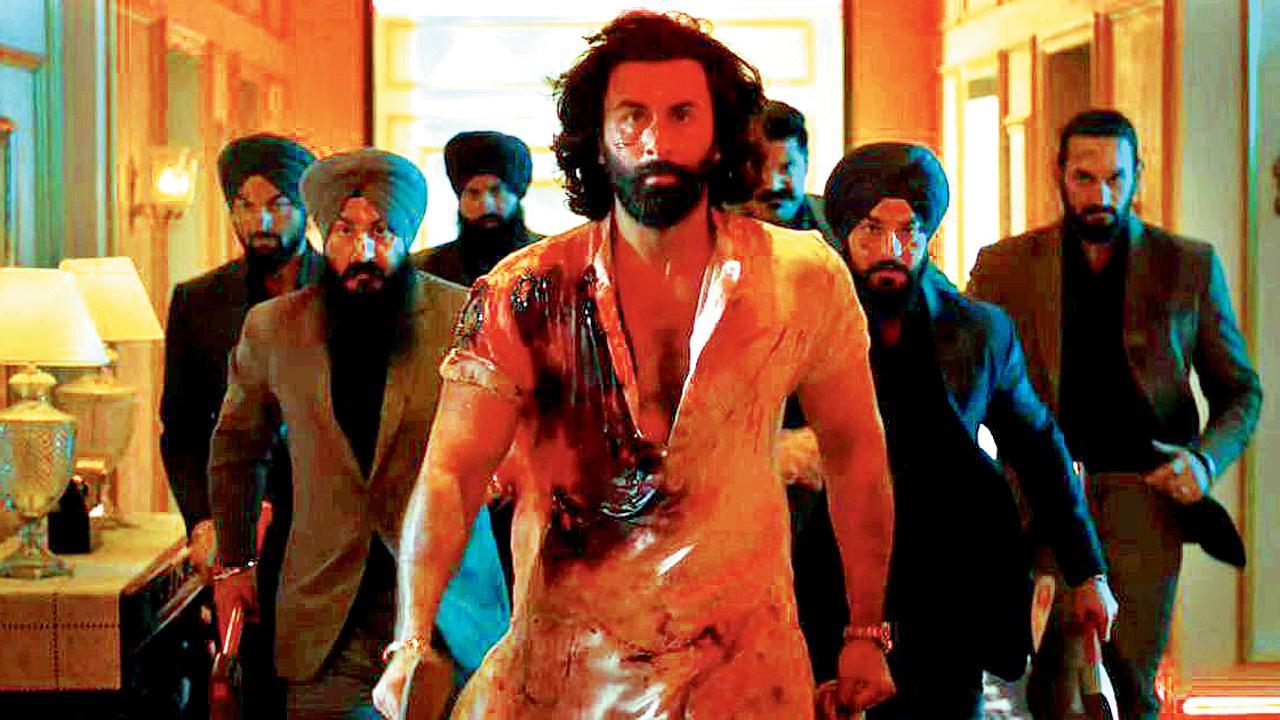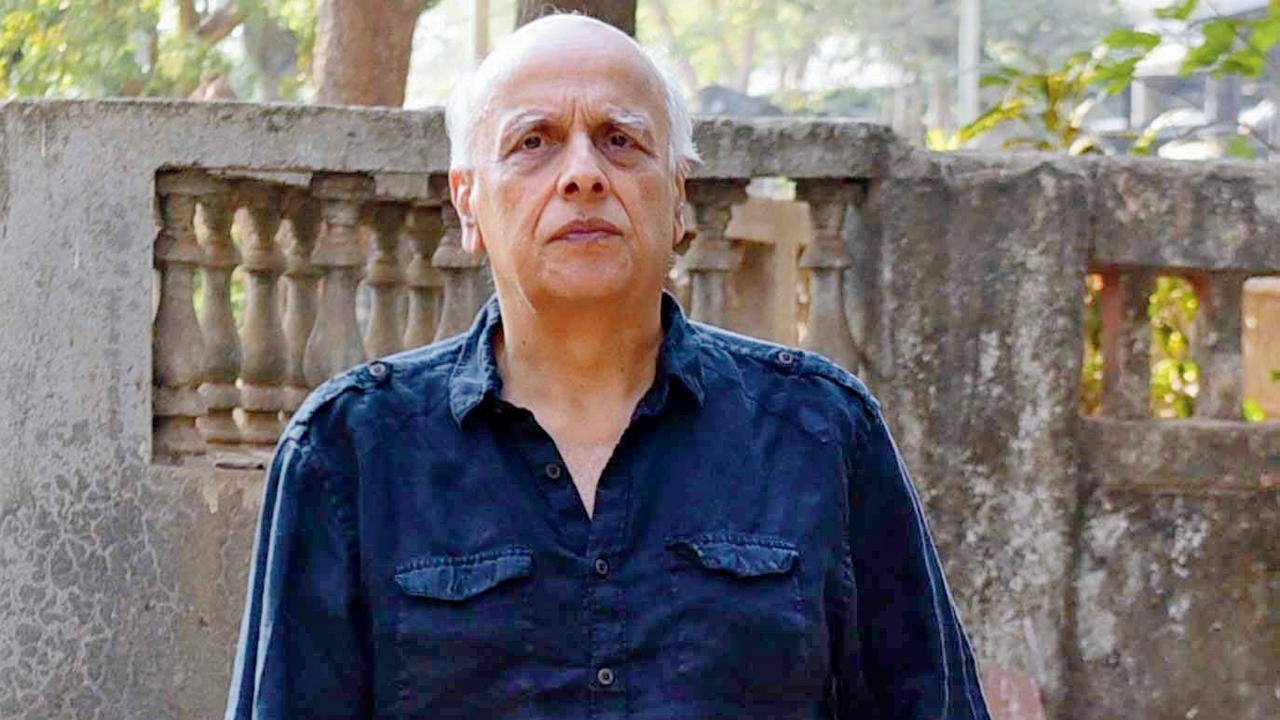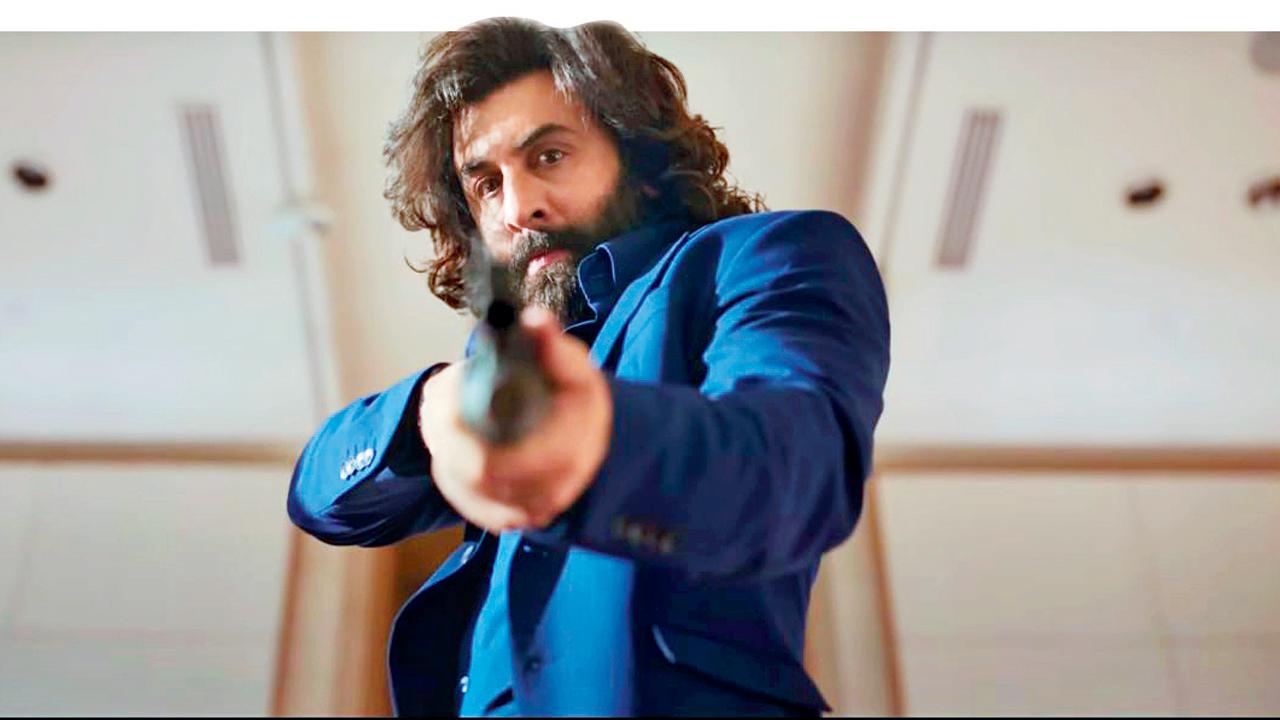Bhatt praises Ranbir’s Animal for having ‘artistic spirit’ to defy rule-book of popular cinema; argues two women writers liked film that is slammed for endorsing misogyny

Ranbir Kapoor in Animal
Mahesh Bhatt is one of those few people in the industry who speak their mind and are unapologetically non-conformist. But the filmmaker, for a change, shares the opinion of the masses when it comes to his son-in-law Ranbir Kapoor’s last release, Animal (2023). “I loved Animal and my son-in-law in it. He is outstanding in the film,” beams Bhatt. The lavish praise is noteworthy since he had been critical of Ranbir’s most acclaimed offerings, Rockstar (2011) and Barfi (2012).
But Sandeep Reddy Vanga’s directorial venture has evidently got the filmmaker’s nod, just as it caught the audience’s attention on its release. The Anil Kapoor, Bobby Deol and Rashmika Mandanna-starrer became not only Ranbir’s biggest hit to date, but also one of the biggest blockbusters of 2023. Its commercial success, however, has been accompanied by a strong wave of criticism. From critics to viewers, many have slammed Animal, noting that it not merely depicts but endorses violence and misogyny.
 Mahesh Bhatt
Mahesh Bhatt
How does Bhatt weigh in on that criticism? “No significant leap in the performing arts can happen without disturbing the set beliefs of the system. Animal doesn’t play by the rule-book of the so-called mainstream, popular cinema; it has the guts to stand alone and walk on its path. That is what artistic spirit is about. You will disturb a lot of people, but they have the right to be disturbed. They have a right to oppose you with the same vehemence with which
other people have embraced you,” he asserts.
Bhatt states, “Every time a filmmaker walks into the arena, the chances to be torn to shreds, and people cheering is high. Criticism is a part of the entertainment business. But the world belongs to the filmmaker, not to the critic.” He adds that in today’s “attention-deficit era” when people’s attention span is limited to a 30-second Instagram reel, Vanga’s film has kept the audience hooked for over three hours.

Animal’s misogynistic tone is highlighted in many scenes that have since sparked discourse online. Bhatt shares that he watched the film with two female writers, who had a different opinion on the aspects that are being criticised. He explains, “There were two writers with me, they are women with integrity, and have a worldview. They saw the film within the parameters of the narrative that the writer had spun.”
Even as he champions the audience’s right to outrage, the filmmaker, whose own works have often elicited divided response, underlines that one’s freedom to dissent cannot threaten another’s right to create. “It’s strange that those, who advocate absolute freedom of thought, find it difficult to take a film because it doesn’t align with their taste or political ideology. If you are a free-thinking human being, you can say, ‘I don’t like it.’ But that doesn’t mean the other person should conform to your way of looking at things. We must allow everyone the right to look at the world their way. Above all, Animal went through the scrutiny of CBFC (Central Board of Film Certification), an institution put in place to take care of the larger sensitivities of a nation as complex as ours.”
 Subscribe today by clicking the link and stay updated with the latest news!" Click here!
Subscribe today by clicking the link and stay updated with the latest news!" Click here!










